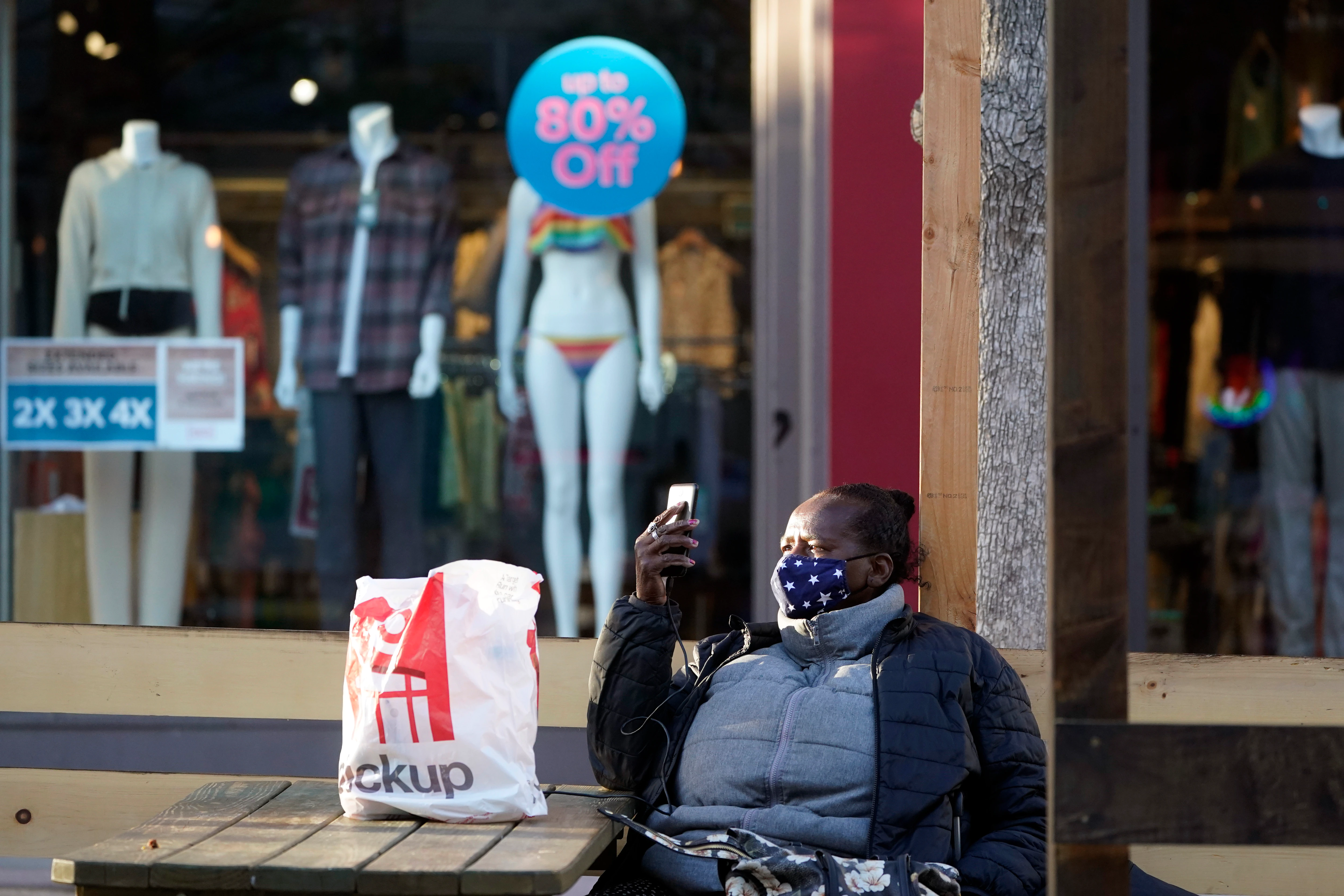
WASHINGTON – Curbside pickup, grocery delivery and Zoom meetings became the norm for the many who stayed home at the height of the COVID-19 pandemic, as businesses looked for ways to survive during quarantine. But how many of those changes are here to stay?
“I am actually not seeing many pandemic practices that are here to stay for business,” James Schrager, a clinical professor at the University of Chicago Booth School of Business, told VOA in an email ahead of an interview.
“As we track in-person retail, it is booming. Flying is wildly busy. People want in-person instruction in classes,” Schrager says. “Food delivery isn’t growing, it is shrinking, and most realize it wasn’t a profitable business for grocery retailers. People are glad to go back to see their doctors for routine check-ups. The snap-back to normal is almost complete and even cruise ships are starting to get booked.”
But other COVID-19 changes may be more lasting.
A study conducted by the business advisory firm BDO Digital shows that the pandemic forced businesses to pivot to digital, with 90% of middle market organizations planning to maintain or increase their digital spending in 2021 and 53% planning to train their workforce to improve its digital fluency.
One lasting pandemic change, according to Schrager, is the so-called Zoom effect, the use of online meeting platforms.
“Last week, I had a meeting with a wonderful colleague in Italy on Zoom that was just beyond compare, that was free for both of us,” he says. “He was in Italy. I’m right here in Indiana. Couldn’t do that before — I mean, I could, but in practice, nobody taught me.”
More companies might be swiveling to digital, but that doesn’t mean average Americans are following businesses’ lead. In the first four months of 2021, online sales accounted for 13.6% of total sales. That number has increased by about 1% per year over the past decade. During the pandemic, that number increased more than 2%, but it is already coming down to pre-pandemic levels, Schrager said.
“When people couldn’t go into the store, they used it (online shopping). The minute they could go into the store, we’re back at it,” he says. “So, the big takeaway is bricks-and-mortar retail has just taken another big experiment to show that they are not going away. People love to go out and love to shop. … Americans love the way they shop, always have.”
But the focus on convenience will remain, whether shopping is done online or in stores.
“Buy completely online, buy completely in-store, two polar opposites,” says Robert Brown, managing director at BDO Digital. “However, if you want to buy online and pick up in store, or buy in store and set up a return online, or have a curbside pickup, I think what you’re seeing is a change to the way that these businesses have had to come out of chaos to, now, interesting new models that create these new experiences.”
And although it might not be visible to the consumer, a lasting impact of the pandemic could be that some storefronts will act as distribution centers.
“If I buy online and pick it up … like in the restaurant industry, I can buy that burger, but it’s actually being made by a ghost kitchen down the street, so that original restaurant that had a storefront is now actually making food for the branded storefronts that remain in place,” Brown says. “So, we’re actually seeing the shift, in some cases, of industries becoming wholesalers, if you will, instead of retailers in their brick-and-mortar operations.”
Schrager believes food delivery services will continue pretty much as they were before the pandemic because bringing your goods to the customer is always more costly than having the customer come to you. Once restaurants are filling up again, losing profits to delivery apps becomes less attractive, he says.
Ultimately, he says, the pandemic will not have a great impact on how we shop, eat out or generally live life.
“The Zoom, I think, is a big deal, and the curbside pickup is a nice thing. But yeah, if we follow the numbers on online versus retail, (the pandemic was) just a blip,” Schrager says.













































